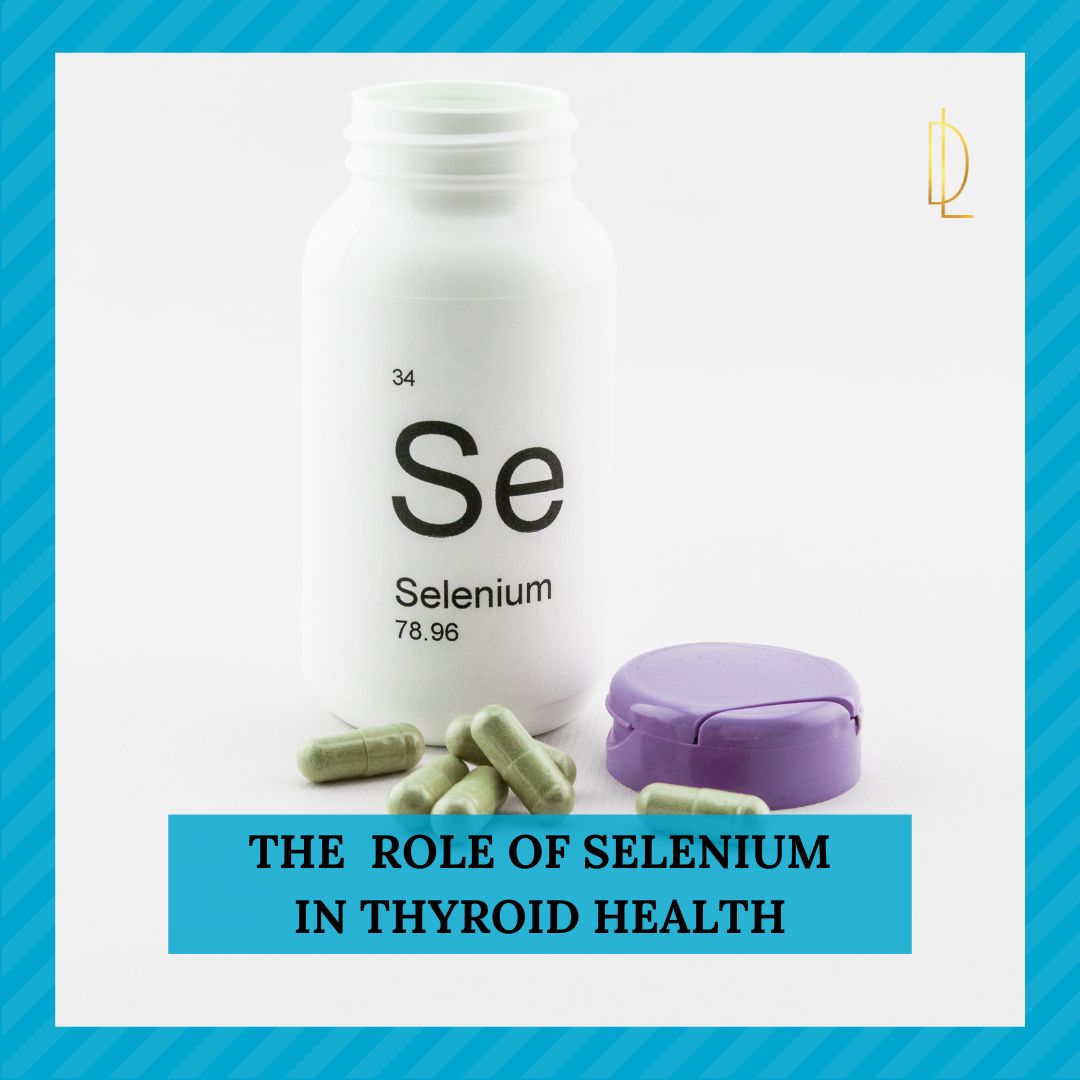Achieving the optimal protein intake of 100-130g per day can be accomplished through a balanced diet rich in a variety of protein sources. Incorporating lean meats, poultry, fish, eggs, dairy products, legumes, nuts, seeds, and plant-based protein sources like tofu and tempeh can help you meet your daily protein needs.
Read MoreManaging IBS Diarrhea Research suggests that certain foods high in FODMAPs (fermentable oligosaccharides, disaccharides, monosaccharides, and polyols) can exacerbate symptoms. These include fruits like apples and pears, vegetables such as onions and garlic, grains like wheat and rye, and dairy products. Avoiding these triggers may alleviate discomfort.
Read MoreNavigating fertility challenges associated with endometriosis and PCOS requires a multifaceted approach that addresses underlying imbalances while supporting overall well-being. By embracing naturopathic solutions, women can empower themselves on their fertility journey and optimize their chances of conceiving. Remember, each woman's journey is unique, and seeking guidance from qualified healthcare professionals is key to finding the right path forward. With patience, perseverance, and holistic support, dreams of motherhood can become a reality.
Read MoreAs women seeking a healthy lifestyle, the incorporation of daily journaling can be a transformative and empowering practice. It's not just about recording your thoughts; it's about creating a sacred space for self-reflection, growth, and intentional living.
Read MoreBegin by reflecting on your health journey thus far. Consider your achievements, challenges, and the lessons learned. Acknowledge the positive habits you've cultivated and areas where improvement is desired. This self-reflection sets the stage for informed and realistic goal-setting. Consider consulting with health professionals, such as naturopaths, nutritionists, or fitness trainers, to fine-tune your goals. Their expertise can provide valuable insights and personalized recommendations tailored to your specific health needs.
Read MoreWhether it's stress, anxiety, sadness, or anger, these emotions can significantly impact our mental well-being. However, learning to manage and navigate through these feelings is crucial for our overall health. Here are some effective strategies to help you deal with negative emotions:
Read MoreThe hustle and bustle of the holidays often leave us craving healthier, lighter meals after indulging in festive feasts. The day after Christmas or New Year presents a perfect opportunity to reset and nourish our bodies with nutritious foods. Here are some delightful and easy-to-prepare meal ideas along with recipes to kickstart your post-celebration day:
Read MoreIn the world of functional medicine, the holidays present a unique opportunity to align festivities with optimal health. Here are some insights and strategies to ensure your hormones stay in harmony during this celebratory season.
Read MoreProgesterone plays a crucial role in women's health, influencing various aspects of well-being. Achieving and maintaining a healthy hormone balance, including adequate progesterone levels, requires a holistic approach encompassing nutrition, lifestyle, stress management, and professional guidance. Prioritizing these steps can pave the way for improved overall health and vitality, empowering women to thrive in every aspect of their lives.
Read MoreWhat is Estrogen? Estrogen isn't just a single hormone; it's a group of hormones responsible for reproductive development, menstrual cycles, and various bodily functions. It helps regulate the menstrual cycle, supports bone health, and influences mood and cognitive function.
Many women have questions and concerns about estrogen, from its role in the body to potential health risks associated with imbalances.
Read MoreHere are some telltale signs of adrenal fatigue to watch out for:
🌟 Low stamina
🌟 Excessive fatigue
🌟 Cravings for sweet or salty foods
🌟 Disturbed sleep patterns
🌟 Allergies to environmental factors and food
🌟 Nighttime bursts of energy
🌟 Difficulty concentrating
🌟 Menstrual and menopausal challenges
🌟 Overwhelming sensations
🌟 Mood swings and bouts of depression
🌟 Impaired memory and focus
🌟 Frequent susceptibility to infections
🌟 Lightheadedness
Research has shown that vitamin C can help to reduce cortisol levels and improve mood. A study conducted on high school students found that those who received vitamin C supplements had a 51% reduction in perceived stress.
Read MoreDepletion of selenium can set off a chain reaction affecting thyroid health. To maintain adequate levels, incorporate selenium-rich foods like Brazil nuts, organic meats, mushrooms, and seafood such as tuna and halibut into your diet.
Read MoreTry going for that avocado on toast at breakfast or look at the sea and consume healthy fats in the form of fish. Other foods rich in vitamin D are as healthy as they are delicious. These include dairy products like cheese, yogurt, and
Read MorePopular belief is that you should avoid cruciferous vegetables if you are suffering from hypothyroidism because they can cause goiters. However, according to some research, kale, spinach, broccoli and other leafy greens are important to improving glutathione levels in the body, which effectively support thyroid function.
Read MoreIf you love vegan food and drinks, then hot maca chocolate is for you. It is a unique and exciting vegan treat that you can pair your favorite vegan snacks to satisfy your cravings. It’s also a great substitute for your coffee; not only will it give you a gentle boost, but it has a wealth of health benefits.
Read MoreThose with gluten sensitivity, celiac disease, or other related health concerns can find significant relief and improvements in their quality of life by going gluten-free. With the right guidance, a gluten-free diet can open the door to a healthier, happier you.
Read MoreHormones play a crucial role in regulating various bodily functions, including metabolism, hunger, and satiety. Hormonal imbalances can affect these functions and lead to weight gain. In this blog, we will discuss how hormones impact weight gain and what you can do to balance your hormone.
Read More



















